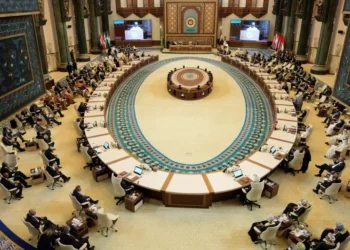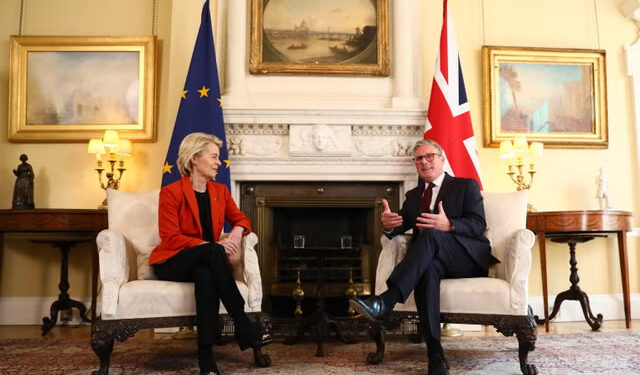President of the Ghana Union of Traders Association (GUTA), Dr Jospeh Obeng, has revealed that the depreciation of the cedi against other major trading currencies is getting out of hand.
According to him, as a result of the current exchange rate situation in the country, businesses are seriously “bleeding to death”. He indicated that government, therefore, needs to do something to salvage the situation as soon as possible.
Dr Obeng noted that businesses have reached a situation where their survival is seriously threatened if no immediate action is taken by the government to find solution.
“We want to call the attention of the government to the fact that depreciation of the cedi against other major trading currencies is getting out of hand, and the increase in the monetary policy rate is also leading to high lending rate in the country.”
Dr Joseph Obeng
Contained in a statement, GUTA called on the government to as a matter of urgency “reconvene the Foreign Exchange Committee that was set up a few years ago by the Finance Ministry which involved all relevant stake holders”, to help find immediate solution. It expressed that if “immediate remedial measures” are not taken to control this alarming situation, traders may be using GHC1 million to buy only $100, 000 when the dollar reaches 10.00 Ghana cedis.
“It could be recalled that since December 2021 when the dollar was 6.4 cedis, our working capitals have been depleted by 40%. Now that the dollar has reached about 9.00 cedis, our worst fear is that we are now going to make Christmas orders from our suppliers, which may aggravate the situation.”
Dr Joseph Obeng
The GUTA President emphasized that if nothing is done, “speculations would be rife and serious panic” will set in for people to invest in forex as a matter of security for their hard-earned working capital. This, he indicated, will make control of such a situation difficult for the government.
Importation of goods into the country
Dr Obeng highlighted that excessive importation is one of the major causes of the woes encountered by businesses in the country. With this, he revealed that government has failed to take due advantage of the National Investment Laws, especially on foreign retail trade and wholesale to tighten imports.
Additionally, he stated that allowing foreigners into the retail trade and wholesale sectors of the economy will not help the country. Instead, he opined that the move will defeat the action plan set for the implementation of 1D1F, AfCFTA and the general industrialization in Ghana.
“We also want to remind the government that the big-time institutional importers, especially, those who serve as conduit for dumping goods mainly from China are the culprits. Small and Medium Scale importers like GUTA members import only 15% out of the whole volume of imports into the country.”
Dr Joseph Obeng
For the locals, Dr Obeng revealed that the import business has become “gloomy and pathetic” as the multinationals have taken over. He noted that traders have started looking out for goods to export to support the economy and be able to sustain their businesses, although the same cannot be said of these foreigners.
“We, therefore suggest that since they do not bring in physical cash to invest but rather resort to dumping and repatriate our hard-earned foreign exchange as a country, the investment law should be amended to make them deposit their capital fund here in Ghana to make their transfers.”
Dr Joseph Obeng
READ ALSO: Prez Commissions North East YEA Multipurpose Office



















